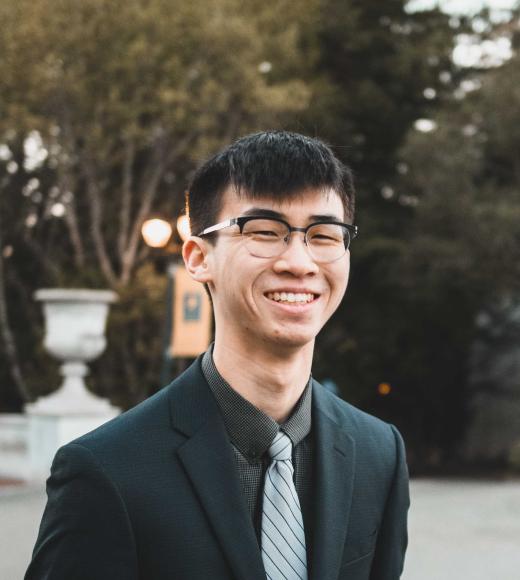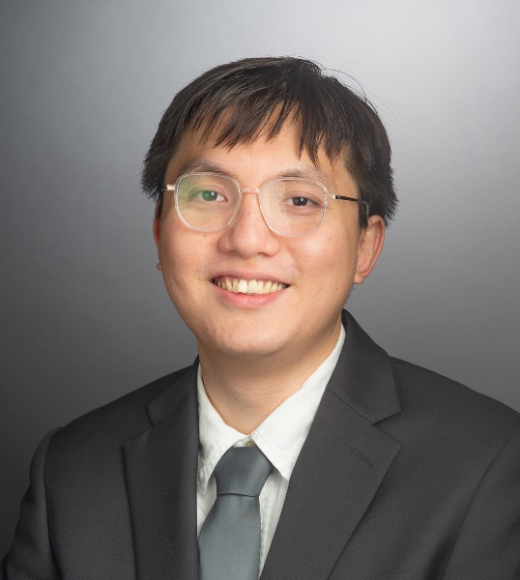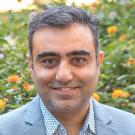A Veritable Treasure CHEST
Two more electrical and computer engineering alumni of Professor Houman Homayoun’s research lab and the Center for Hardware and Embedded Security and Trust, or CHEST, have secured faculty positions in academia mere months after graduation from the University of California, Davis.
CHEST is a National Science Foundation center that bridges academic research and industry to advance knowledge of security, assurance and trust for electronic hardware and embedded systems. It has six sites across the country, including UC Davis, and is one of the largest industry-university research partnerships in the country.
Professor Homayoun leads the UC Davis team, inventing and disseminating technologies, practices and guidelines to share with stakeholders and educate the next generation of security experts
“Since the center’s inception, three other members of our team have joined academia as tenure-track professors,” Homayoun said. “Seeing our graduates step into positions so quickly after completing their Ph.D.s is a testament to their talent, perseverance and the strong research foundation we’ve built at UC Davis through CHEST. Our mission has always been to prepare the next generation of innovators who will advance hardware security and trustworthy computing.”
Meet these emerging experts below.
Ryan Tsang, Ph.D. ’25

Teaching Assistant Professor, Stevens Institute of Technology.
Tsang is driven by research that applies theory to actual, working systems that benefit the world.
Through CHEST, he worked on problems related to reverse engineering and security analysis for embedded systems firmware (think: the software that runs in every device that isn’t a general-purpose computing device like a laptop or phone). He specifically focused on using emulation techniques to find bugs in the actual machine code rather than the source code.
Tsang was able to turn this research into a position at Stevens Institute of Technology, where he teaches computer security courses.
“I'm extremely grateful to CHEST for the opportunities they gave me to conduct security research in embedded systems, without which I would probably not have been able to build up the experience I needed to teach what I'm teaching now.”
Chongzhou Fang, Ph.D. ’25

Assistant Professor of Computer Engineering, Rochester Institute of Technology.
Fang is interested in system security. For his Ph.D., Fang studied vulnerabilities in cloud schedulers — a component of cloud technology for dispatching jobs to specific users — and how these can lead to hardware-level attacks.
Recently, Fang has expanded his research into IoT and wearable devices. One recent project of his uses machine learning for biometric authentication based on signals collected from wearable devices like the Apple Watch.
As a faculty member at Rochester Institute of Technology, he plans to continue focusing on security for IoT and healthcare devices, as well as ways to integrate machine learning into these areas meaningfully.
He says none of this would be possible without the experiences gained through CHEST.
“I got to interact with a lot of industry partners and learn industry opinions on different kinds of research,” he said. “I believe this is very important, because, in the end, the product, the theories and techniques we invent are going to be deployed in production environments. I also had opportunities every year to write proposals and learn how to pitch ideas, which I found very important for my future career.”

